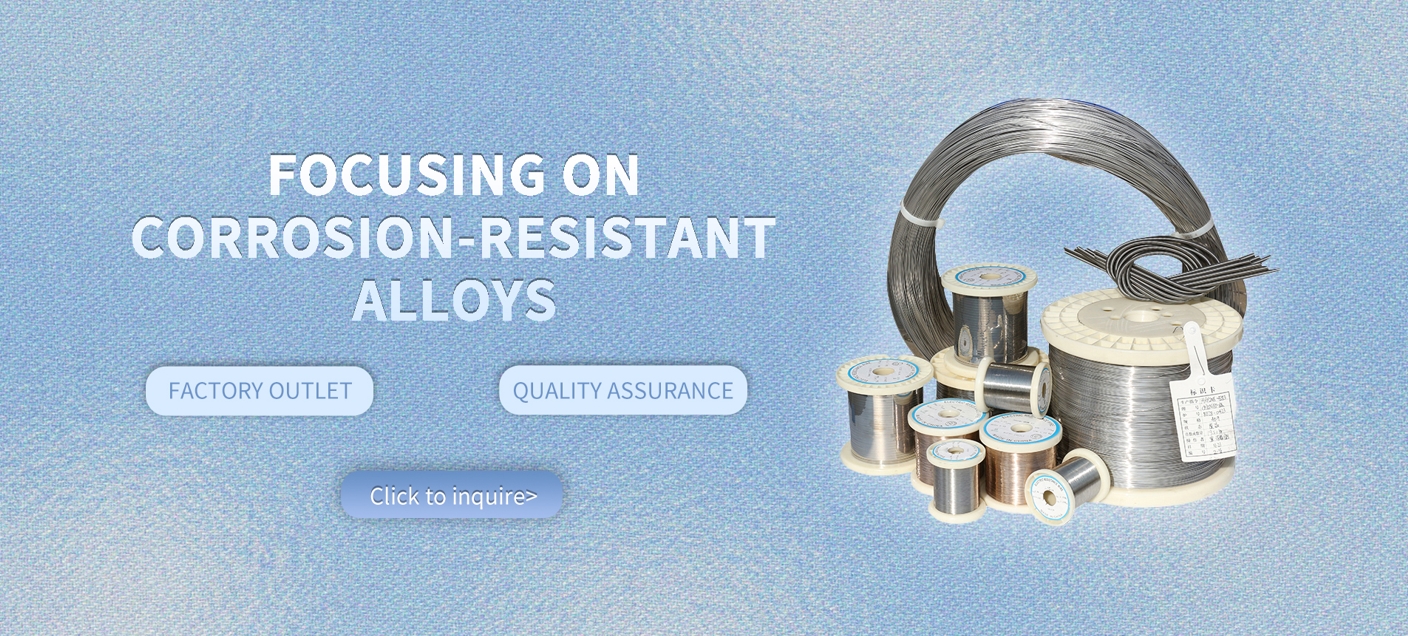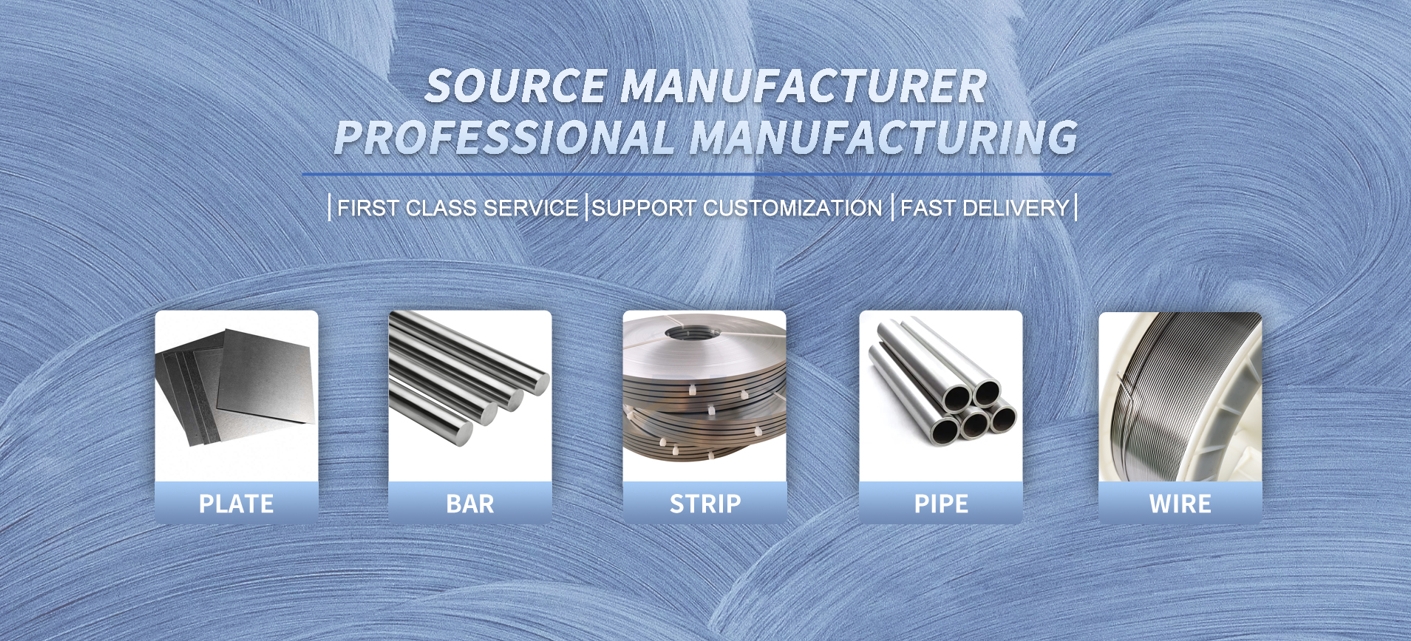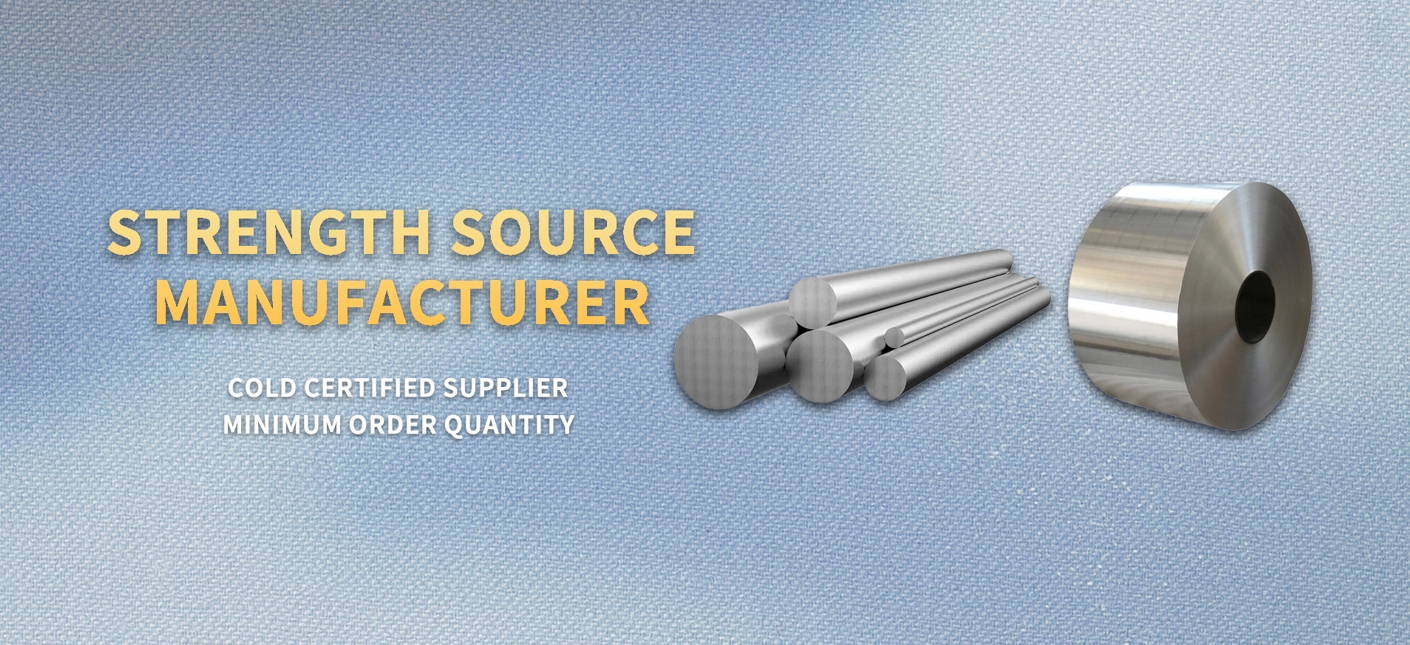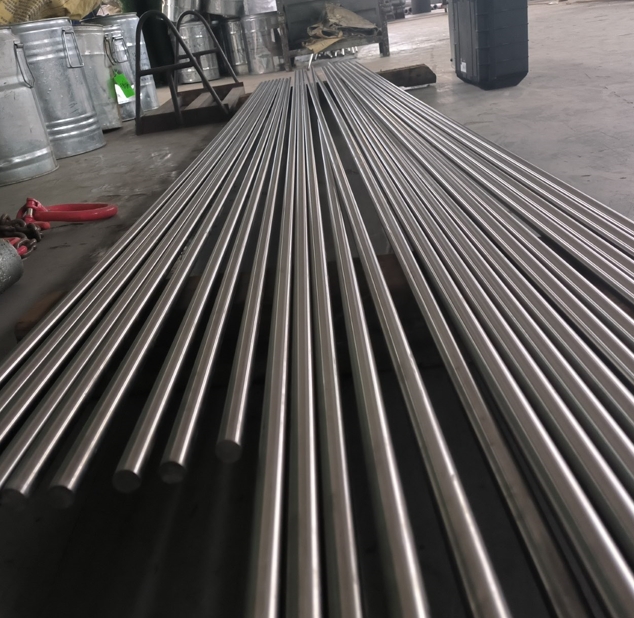Copper Nickel Alloy CuNi8 CuNi14 Bar for Marine and Electrical Uses
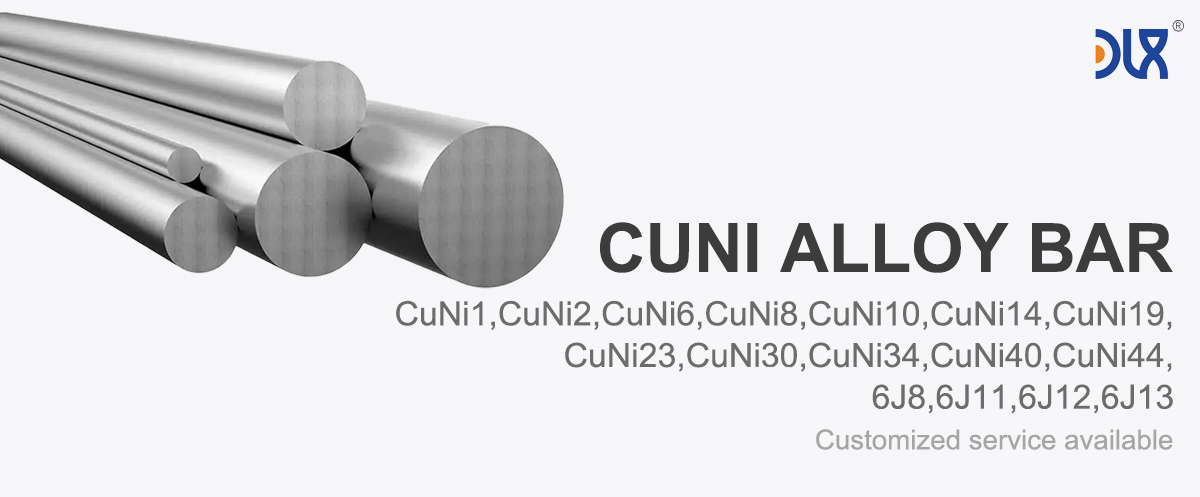
Copper-nickel alloys have long been valued for their excellent combination of strength, corrosion resistance, and electrical conductivity. Among these, CuNi8 and CuNi1 4 stand out as versatile materials used in demanding environments such as marine engineering and electrical industries. At DLX, we specialize in producing high-quality CuNi8 and CuNi14 bars, offering the precision and reliability that modern industries require.
For more details, pls directly contact us.
CuNi8 and CuNi14 are copper-nickel alloys containing 8% and 14% nickel respectively. This nickel addition provides enhanced resistance to seawater and industrial chemicals while maintaining the ductility and machinability of copper.
-
CuNi8 Alloy Bar: Known for its balance of mechanical properties and cost efficiency, widely used in connectors, resistors, and general engineering applications.
-
CuNi14 Alloy Bar: Offers superior resistance to seawater corrosion and greater strength, making it the preferred choice for shipbuilding, offshore structures, and heat exchanger systems.
Both alloys are available in round bar form, manufactured at DLX with exact tolerances, surface finishes, and mechanical performance that align with international standards.
Parameter:

|
Properties Material |
Resistivity 200c μΩ.m |
Max working temperature (℃) |
Tensile strength (Mpa) |
Melting point (℃) |
Density (g/cm3) |
TCR *10-6/℃ (20-600℃) |
EMF vs Cu (μV/℃) (0-100℃) |
|
0.03 |
200 |
210 |
1085 |
8.9 |
<100 |
-8 |
|
|
CuNi2 |
0.05 |
200 |
220 |
1090 |
8.9 |
<120 |
-12 |
|
0.1 |
220 |
250 |
1095 |
8.9 |
<60 |
-18 |
|
|
CuNi8 |
0.12 |
250 |
270 |
1097 |
8.9 |
<57 |
-22 |
|
CuNi10 |
0.15 |
250 |
290 |
1100 |
8.9 |
<50 |
-25 |
|
CuNi14 |
0.2 |
300 |
310 |
1115 |
8.9 |
<30 |
-28 |
|
0.25 |
300 |
340 |
1135 |
8.9 |
<25 |
-32 |
|
|
CuNi23 |
0.3 |
300 |
350 |
1150 |
8.9 |
<16 |
-34 |
|
0.35 |
350 |
400 |
1170 |
8.9 |
<10 |
-37 |
|
|
CuNi34 |
0.4 |
350 |
400 |
1180 |
8.9 |
0 |
-39 |
|
0.5 |
400 |
420 |
1200 |
8.9 |
<-6 |
-43 |
|
Size Range |
|
|
Wire |
0.08-7.5mm |
|
Ribbon |
(0.05-0.35)*(0.5-6.0)mm |
|
Strip |
(0.50-2.5)*(5-180)mm |
|
Rod |
8-50mm |
For more details, pls directly contact us.
The versatility of CuNi8 and CuNi14 makes them indispensable in multiple sectors:
-
Marine Engineering: Both alloys are widely used for seawater piping systems, pump components, and valves due to their ability to resist biofouling and seawater corrosion.
-
Electrical Industry: Their stable electrical conductivity makes them suitable for connectors, resistors, and conductive components.
-
Shipbuilding: CuNi14, with its higher nickel content, is especially valued for hull fittings, condensers, and heat exchangers.
-
Power Plants: CuNi14 bars are often used in cooling water systems, condenser tubes, and power generation equipment.
-
Industrial Equipment: Their strength and resistance to stress corrosion make them reliable for heavy-duty engineering applications.
Comparison Table
| Property / Alloy | CuNi8 Alloy Bar | CuNi14 Alloy Bar |
|---|---|---|
| Nickel Content (%) | ~8 | ~14 |
| Copper Content (%) | Balance | Balance |
| Corrosion Resistance | Excellent | Superior |
| Mechanical Strength | High | Higher than CuNi8 |
| Electrical Conductivity | Good | Good |
| Machinability | Excellent | Excellent |
| Common Applications | Electrical connectors, marine fittings | Shipbuilding, power plants, condensers |
| Cost Efficiency | More economical | Slightly higher cost due to Ni content |
The demand for copper-nickel alloys is growing worldwide, particularly in industries where reliability and resistance to corrosion are critical.
-
Marine Industry Growth: With increasing investments in offshore oil, gas, and shipping infrastructure, the use of copper-nickel alloys is on the rise. CuNi14, with superior resistance to seawater, is increasingly specified in shipbuilding projects.
-
Electrical Components: The steady growth of electrical infrastructure and the demand for high-reliability connectors continue to drive the need for CuNi8.
-
Sustainable Materials: Both alloys are recyclable, aligning with global movements toward greener, longer-lasting engineering materials.
-
Global Demand: Asia-Pacific, Europe, and the Middle East are major consumers of copper-nickel alloys, with steady growth expected over the next decade.
Why Choose DLX
At DLX, we don’t just supply copper-nickel alloy bars—we deliver solutions tailored to each project. Our expertise, precision, and dedication to customer satisfaction set us apart in the global market.
-
Precision Manufacturing: Our advanced equipment ensures exact dimensions and consistent surface quality.
-
Customization: DLX offers CuNi8 and CuNi14 bars in tailored lengths, diameters, and mechanical properties.
-
Strict Quality Control: Every batch undergoes rigorous testing to meet international standards, with full certification provided.
-
Global Logistics: With reliable supply chain management, we deliver products on time to clients worldwide.
-
Technical Support: Our team of experts assists customers in alloy selection, application guidance, and performance optimization.
-
Sustainability Commitment: We integrate environmentally responsible practices throughout production.
Company Comparison
While general suppliers provide standard alloys, DLX adds measurable value through high-quality production, customization, and exceptional service. We ensure that our CuNi8 and CuNi14 alloy bars are not just materials but reliable solutions for long-term industrial performance.
Conclusion
CuNi8 and CuNi14 alloy bars represent the strength and adaptability that modern industries require. From marine engineering to electrical applications, these copper-nickel alloys offer dependable performance where other materials might fail.
At DLX, we take pride in being a trusted partner for clients worldwide, delivering copper-nickel bars that meet the highest standards of quality and reliability. With our advanced manufacturing, strict quality control, and customer-focused approach, we ensure that every CuNi8 and CuNi14 bar provides lasting value.
For industries seeking reliable, corrosion-resistant, and high-performing materials, DLX’s CuNi8 and CuNi14 alloy bars are the proven choice for marine and electrical applications.
For more details, pls directly contact us.
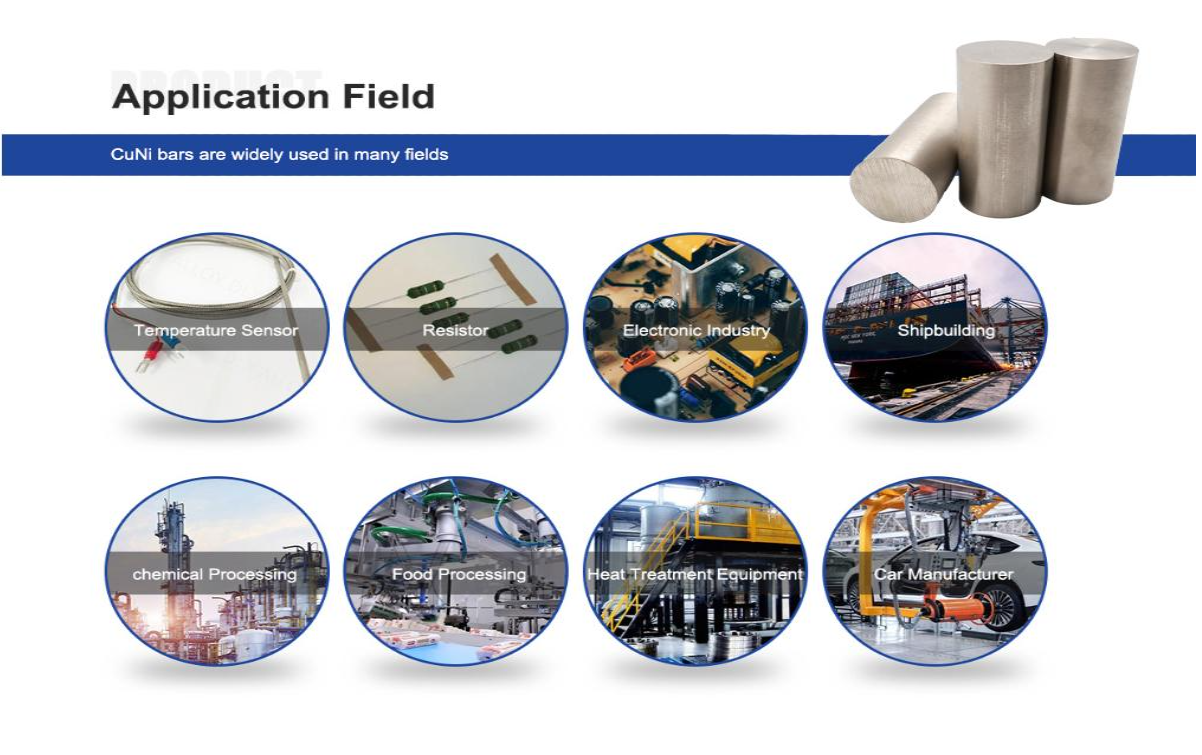
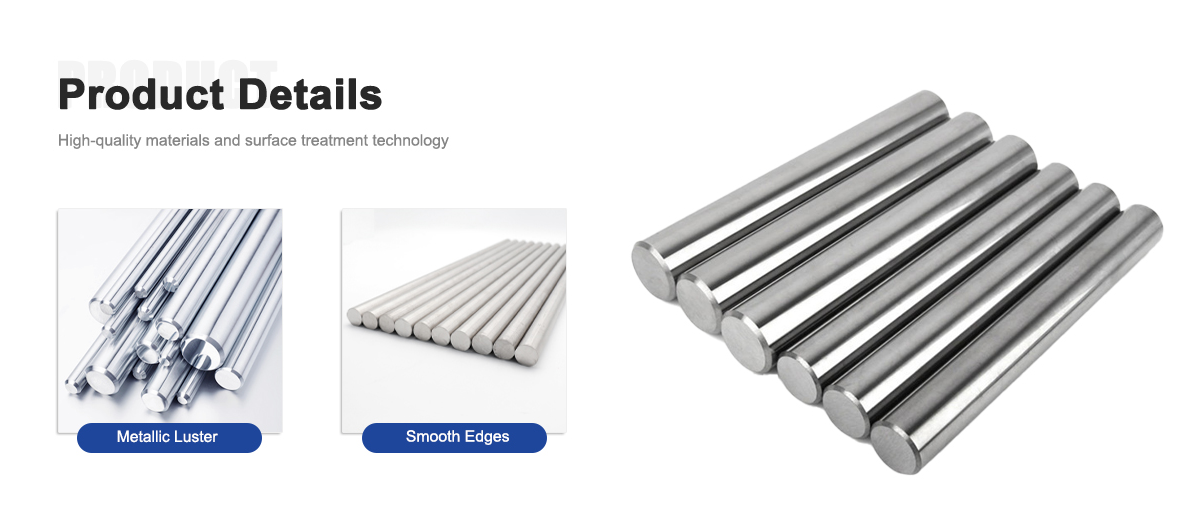
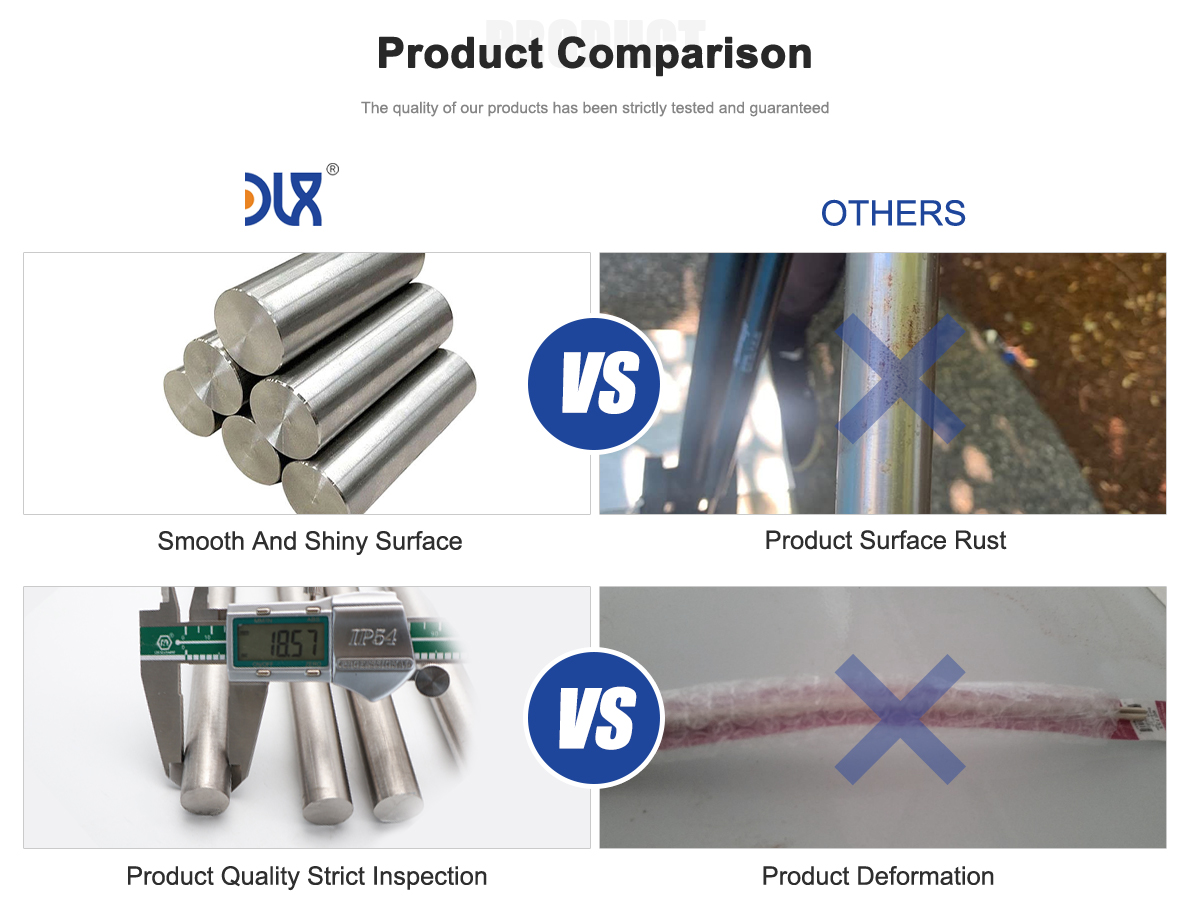
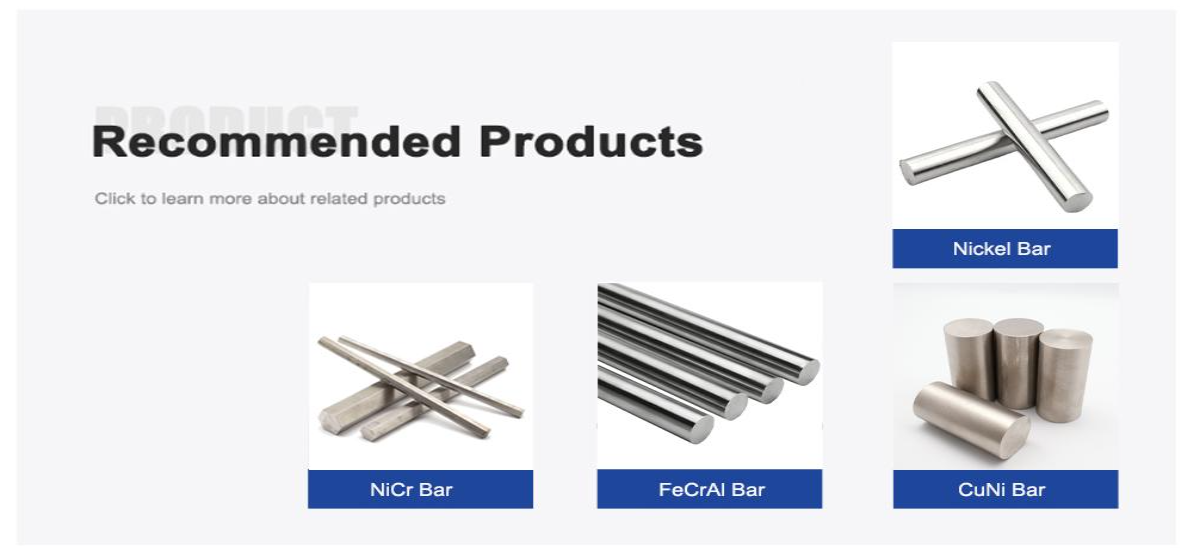
About Us:
Our 12,000㎡ factory is equipped with complete capabilities for research, production, testing, and packaging. We strictly adhere to ISO 9001 standards in our production processes, with an annual output of 1,200 tons. This ensures that we meet both quantity and quality demands. Furthermore, all products undergo rigorous simulated environment testing including high temperature, high pressure, and corrosion tests before being dispatched, ensuring they meet customer specifications.
For all our clients, we offer timely and multilingual after-sales support and technical consulting, helping you resolve any issues swiftly and efficiently.
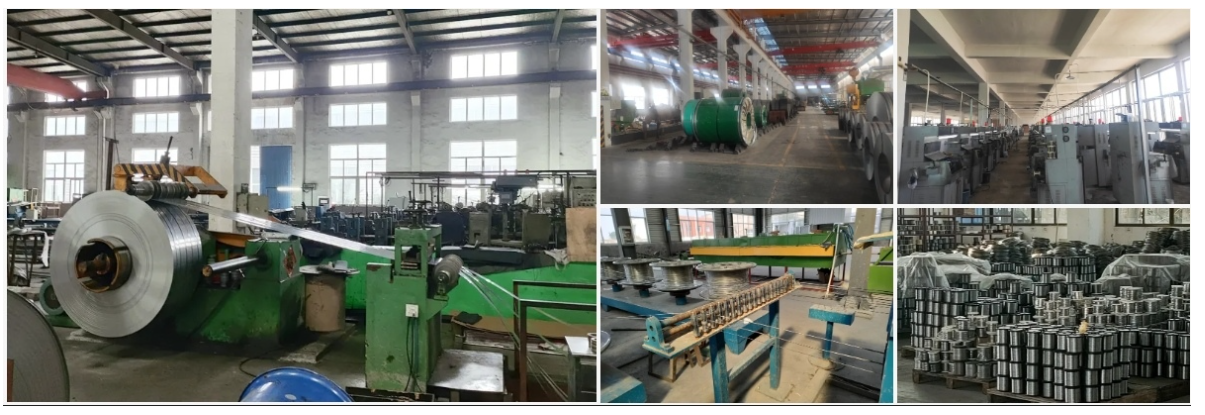
Client Visits
Building Stronger Partnerships
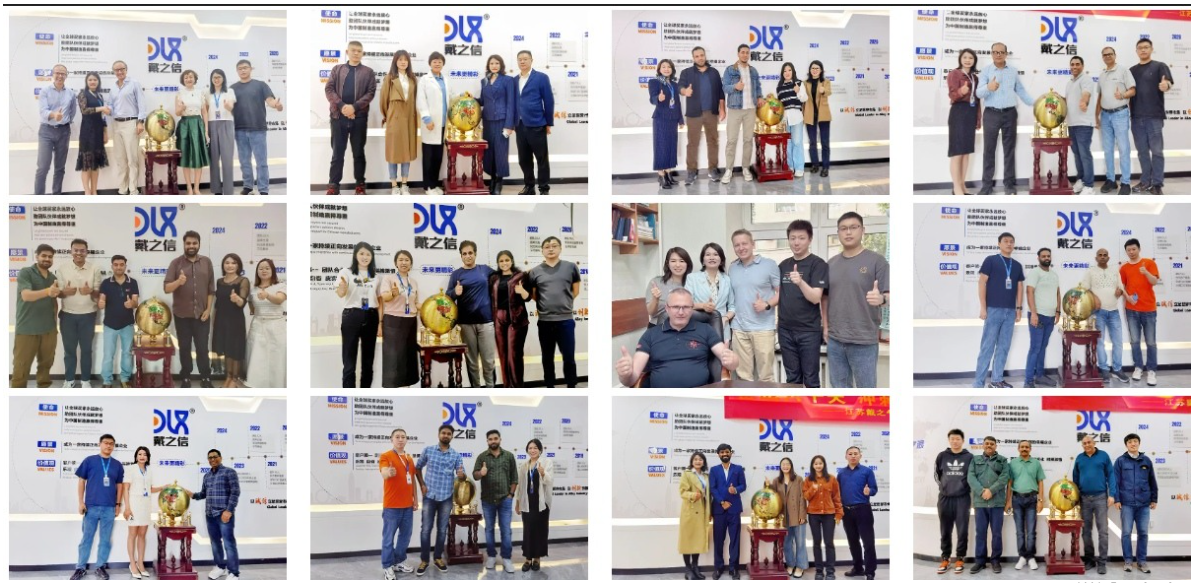
We support all kinds of testing:
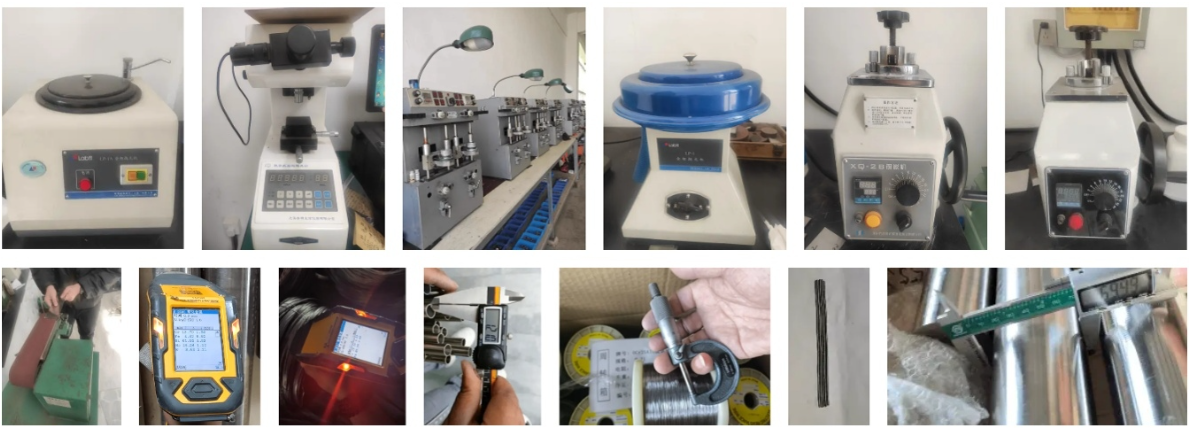

FAQs:
-
What is the difference between CuNi8 and CuNi14 alloys?
CuNi8 contains about 8% nickel while CuNi14 contains about 14% nickel, resulting in higher corrosion resistance and mechanical strength in CuNi14. -
Are CuNi8 and CuNi14 bars suitable for marine applications?
Yes, both provide excellent resistance to seawater corrosion, making them ideal for marine use. -
Can these alloys be used in electrical applications?
Yes, they offer good electrical conductivity and stability, making them suitable for electrical components. -
How does the mechanical strength of CuNi14 compare to CuNi8?
CuNi14 has higher mechanical strength and better resistance to stress compared to CuNi8. -
Does DLX offer custom sizes and finishes for CuNi8 and CuNi14 bars?
Yes, DLX provides customized dimensions, surface finishes, and tolerances to meet client specifications. -
Are CuNi8 and CuNi14 recyclable materials?
Yes, both alloys are fully recyclable and support sustainable engineering practices. -
What certifications are available for DLX CuNi8 and CuNi14 bars?
We supply full certifications and testing documentation to meet international standards. -
Which industries commonly use CuNi8 and CuNi14 bars?
They are widely used in marine engineering, shipbuilding, power plants, condensers, and electrical connectors.
